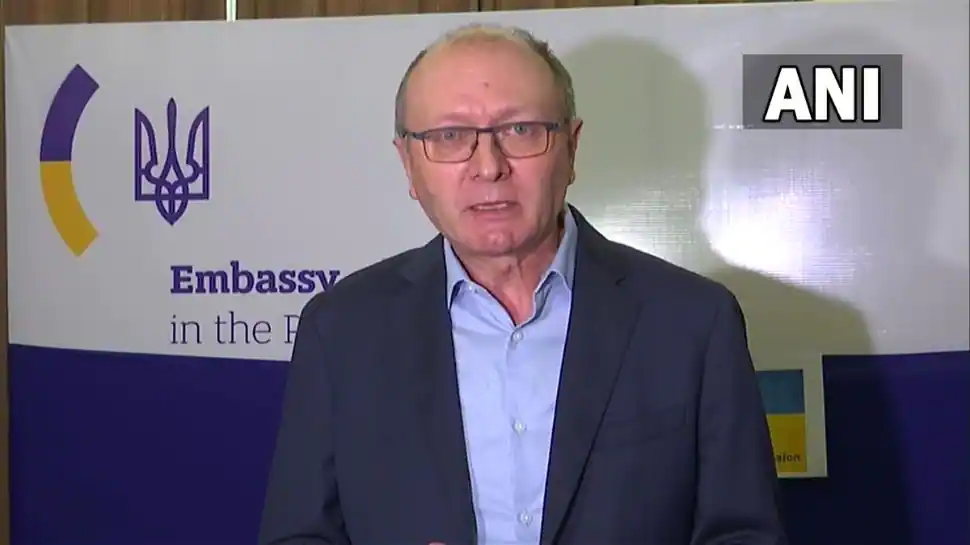 On May 1, the government had slashed IGST rate to 12% from 28% on import of oxygen concentrators for personal use till June 30.
On May 1, the government had slashed IGST rate to 12% from 28% on import of oxygen concentrators for personal use till June 30.The Goods and Services Tax (GST) Council, which will meet after a gap of two quarters on Friday, will consider demands from state governments to reduce the taxes on Covid-19 vaccines, medical oxygen and other Covid-related items. Among other issues, the Council is also expected to deliberate on a likely higher shortfall in GST compensation cess receipts in FY22 with many states demanding that the Centre borrow and transfer the amount to states to bridge the gap like it did last year.
“We have already written to Government of India to exempt Covid vaccines and other Covid-related products from GST,” a senior official of an Opposition-ruled state government, who did not wish to be identified, told FE. Many opposition parties including Congress and Trinamool Congress have demanded that all Covid-related items must be exempted from GST.
Currently, GST is levied at the rate of 5% on vaccines and 12% on Covid drugs and oxygen concentrators for domestic supplies and commercial import of these items.
Earlier, the Centre did not favour exempting Covid vaccines, medicines and oxygen concentrators from levy of GST tax as such an exemption would make the lifesaving items costlier for consumers as manufacturers won’t be able to offset the taxes paid on inputs.
“If full exemption from GST were given, the domestic producers of these items would be unable to offset taxes paid on their inputs and input services and would pass these on to the end consumers by increasing their price,” finance minister Nirmala Sitharaman had said on May 9, in her response to West Bengal chief minister Mamata Banerjee’s letter on the subject to prime minister. Banerjee in her letter had sought exemption from GST/Customs duty and other duties and taxes on some items and Covid-related drugs.
Reacting to Sitharaman’s statement, former Kerala finance minister Thomas Isaac had tweeted that “simple solution would to make them (covid-related items) zero rated as in the case of exports. Prices will decline.”
“A deeper analysis is required to decide whether a GST exemption will actually decrease the price of vaccine or not, as counter intuitive as it may appear. Ideally, a low nominal GST rate of 0.1% could potentially lead to a lower price for vaccines,” said Sandeep Jhunjhunwala, partner, Nangia Andersen LLP.
On May 1, the government had slashed IGST rate to 12% from 28% on import of oxygen concentrators for personal use till June 30.
The issue of compensating states for their revenue losses due to Covid-induced disruptions in economic activities will also likely to figure prominently. In a letter to Sitharaman on May 12, West Bengal finance minister Amit Mitra had written that the Centre’s ‘revised estimate’ of Rs 1.56 lakh crore as GST compensation fund shortfall for FY22 (as compared with budget estimate of Rs 1 lakh crore) will need to be revised upward again.
“Due to Covid Wave-2 and lockdowns, the compensation will be much higher than what was projected earlier,” Mitra wrote. Many opposition states including Kerala want the Centre to borrow to bridge the shortfall in compensation cess this year as well.
Under a unique arrangement in FY21, the Centre borrowed Rs 1.1 lakh crore and transferred the amount to states to meet the shortfall in GST compensation cess. The last GST Council meeting was in October, 2020 .
Do you know What is Cash Reserve Ratio (CRR), Finance Bill, Fiscal Policy in India, Expenditure Budget, Customs Duty? FE Knowledge Desk explains each of these and more in detail at Financial Express Explained. Also get Live BSE/NSE Stock Prices, latest NAV of Mutual Funds, Best equity funds, Top Gainers, Top Losers on Financial Express. Dont forget to try our free Income Tax Calculator tool.
![]() Financial Express is now on Telegram. Click here to join our channel and stay updated with the latest Biz news and updates.
Financial Express is now on Telegram. Click here to join our channel and stay updated with the latest Biz news and updates.














